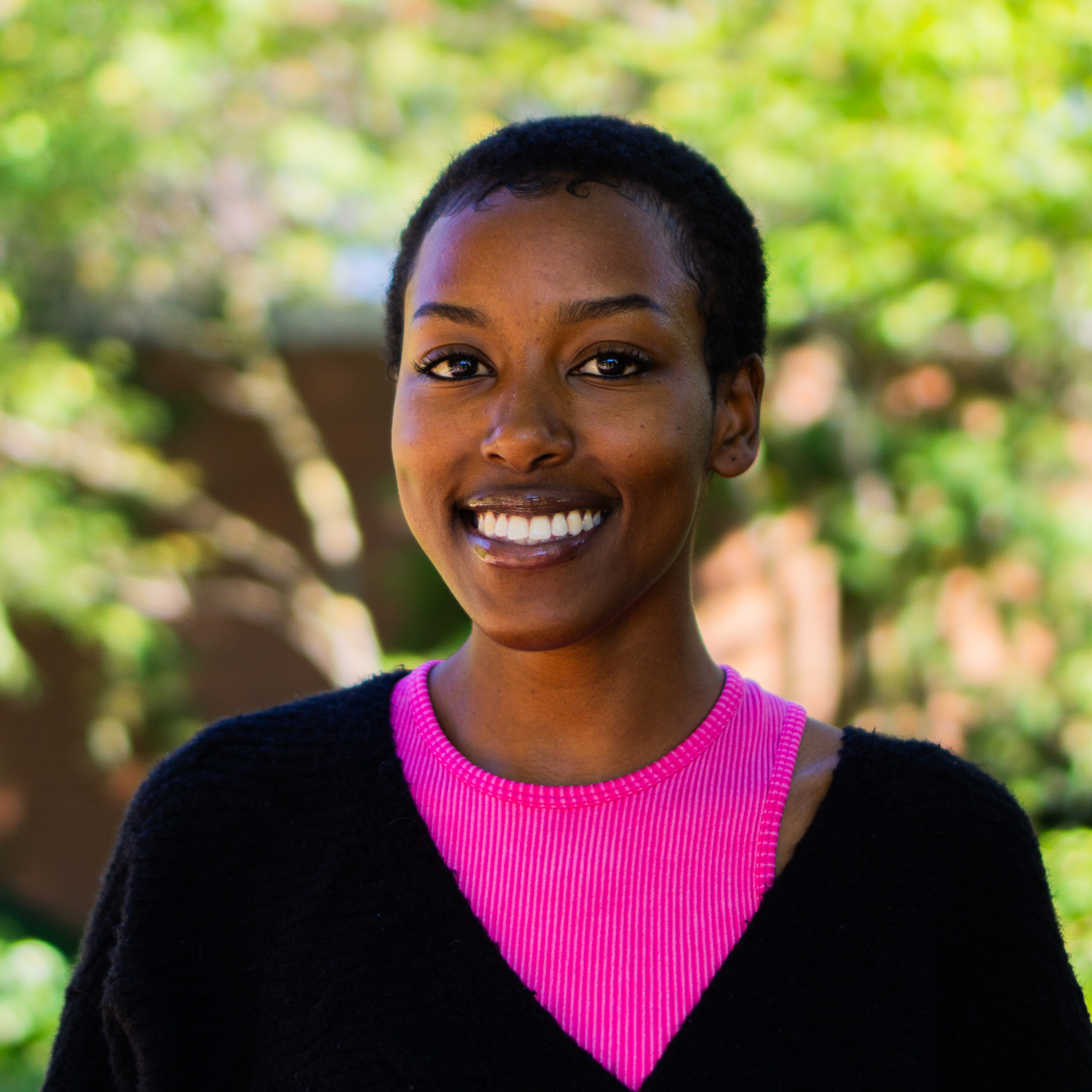America: the land of democracy and freedom (unless you’re presently or formerly incarcerated, Black or Latino). In a 2024 study conducted for “The Sentencing Project,” researchers found that over four million Americans were barred from casting a vote due to felony disenfranchisement laws. In order to understand the impact these policies have today, it’s important to know their historical context.
The Reconstruction Era followed the Civil War and brought about a huge shift in American political life. With the abolition of slavery and reinstating of the 11 states that had seceded from the Union, the U.S. government had the difficult task of manifesting democracy amongst a somewhat split nation. Voting in the U.S. was initially limited to white men who owned land; however, after a long struggle, African Americans were granted the legal right to vote (yay 15th amendment!).What followed was a decades-long struggle against unfair literacy tests as well as poll taxation. The civil rights movement brought about the Voting Rights Act of 1965 which helped combat many discriminatory laws, but the struggle, unfortunately, did not end there.
Debates on voter identification laws and access to polling stations continue to surface, highlighting an on-going battle towards universal suffrage. Despite the advancements in inclusion of oppressed communities, there is still a large population of Americans who simply cannot vote. The reason? They have once been convicted of a felony. 48 out of 50 states in the U.S. have disenfranchisement
policies against incarcerated individuals.
Due to differences in state legislations there are variations in the practice of disenfranchisement, but it’s important to note that the four million estimated people who are barred from voting represent 2% of the U.S. voting eligible population.
Disenfranchisement is not just a voters rights issue. Communities of color are disproportionately affected by felony disenfranchisement provision. In the 1980s, the rates of disenfranchisement in states like Iowa and Arizona exceeded 10% for the African American population. In the same way, 5% of the population of Latino Americans in Tennessee and Arizona are disenfranchised due to a felony-level conviction.
These numbers may not seem consequential, but are significant enough to make a difference in voting outcomes. It’s important to note that an estimated 72% of those who are disenfranchised are out of prison, with the majority of them having already completed their sentencing.
Living in the United States under an immigrant status sometimes feels like being trapped in a soundproof box. My voice, like those of our incarcerated brothers and sisters, has no power in this country. As someone who has never had the opportunity to vote, it is disheartening to see so many young people turn away from their chance to cast a vote and take a stance. I understand the reality of voting options at the moment are less than favorable but there are more things to vote on than just the next President.
Local and state governments are areas in which young people especially can enact real and lasting change. I’m not here to tell you how to vote but I think it’s crucial that you all do. More than it being your “civic duty,” voting is a way to get involved and have a hand in contributing to the future YOU would like to see.
Regardless of the outcome it’s important to remember that your choosing to not vote is adding to a vast gap of voters, some of whom would vote if given the opportunity. I say all this to encourage you to vote! If not for yourself, then for your friends who can’t, but so desperately want to.
Peace is a senior sociology major from Dodoma, Tanzania. They currently serve as the president of Advocates, and enjoy crocheting and biking – though not at the same time!




